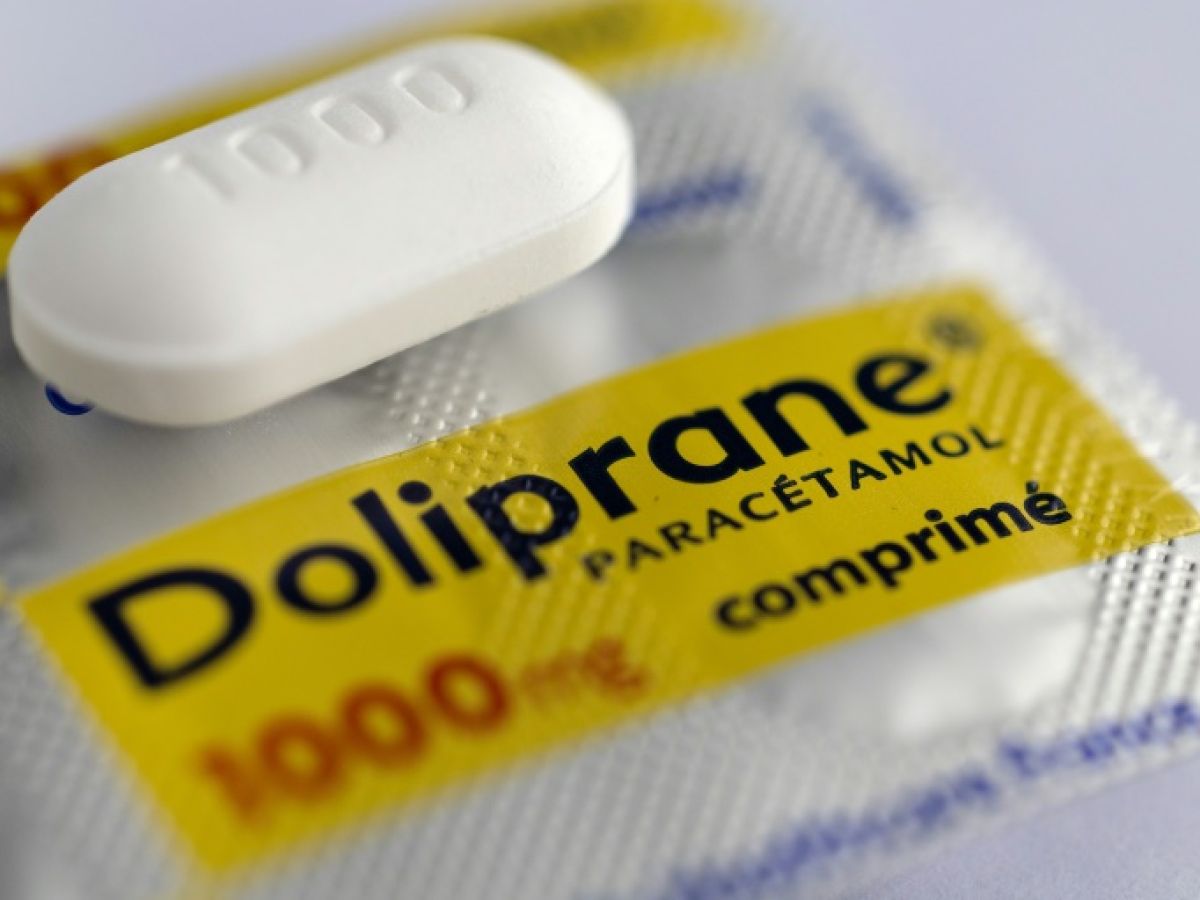In one year, more than 300 million boxes of Doliprane, produced by the pharmaceutical giant Sanofi, have been prescribed in France, according to data from mid-2024. No other treatment exceeds the threshold of 100 million.
Paracetamol is “by far the first molecule reimbursed in volumes”
Second place goes to Dafalgan from Upsa with less than 75 million boxes. Doliprane like Dafalgan are products based on paracetamol, one of the most common painkillers.
Paracetamol is “by far the first molecule reimbursed in volumes”, underlines Health Insurance. And "Doliprane alone accounts for nearly 75% of the number of boxes delivered for this molecule."
With around 36 million patients, more than half of the French population has been prescribed Doliprane, a sign of the still emblematic nature of this drug at the heart of a recent controversy.
Sanofi plans to sell the majority of Opella, its subsidiary producing Doliprane, to an American fund, CD&R.
Strong opposition from unions
The announcement has provoked fierce opposition from unions and politicians of all stripes, amid concerns about jobs and drug supplies, even though paracetamol itself is not manufactured by Sanofi's French factories.
The State has imposed numerous guarantees on Sanofi and CD&R regarding the use and production of Doliprane on French soil, even if they are considered insufficient by those opposed to the sale.
Despite the overwhelming place of Sanofi in prescriptions, it is however not the treatment whose reimbursement represents the highest amounts for Health Insurance. It only ranks 17th, given its low cost.
Read alsoDoliprane, the best-selling drug in France, about to come under American control
First place goes to an anticoagulant, Eliquis – jointly marketed by Bristol-Myers Squibb and Pfizer – with more than 750 million euros reimbursed.
However, this drug has not demonstrated any major interest compared to other treatments. This is the case for many other treatments covered: nearly a third of the amounts reimbursed in 2022, according to Health Insurance.
On the occasion of the publication of this data and in a tight budgetary context, it is launching a campaign calling on patients not to systematically demand medication from doctors.

